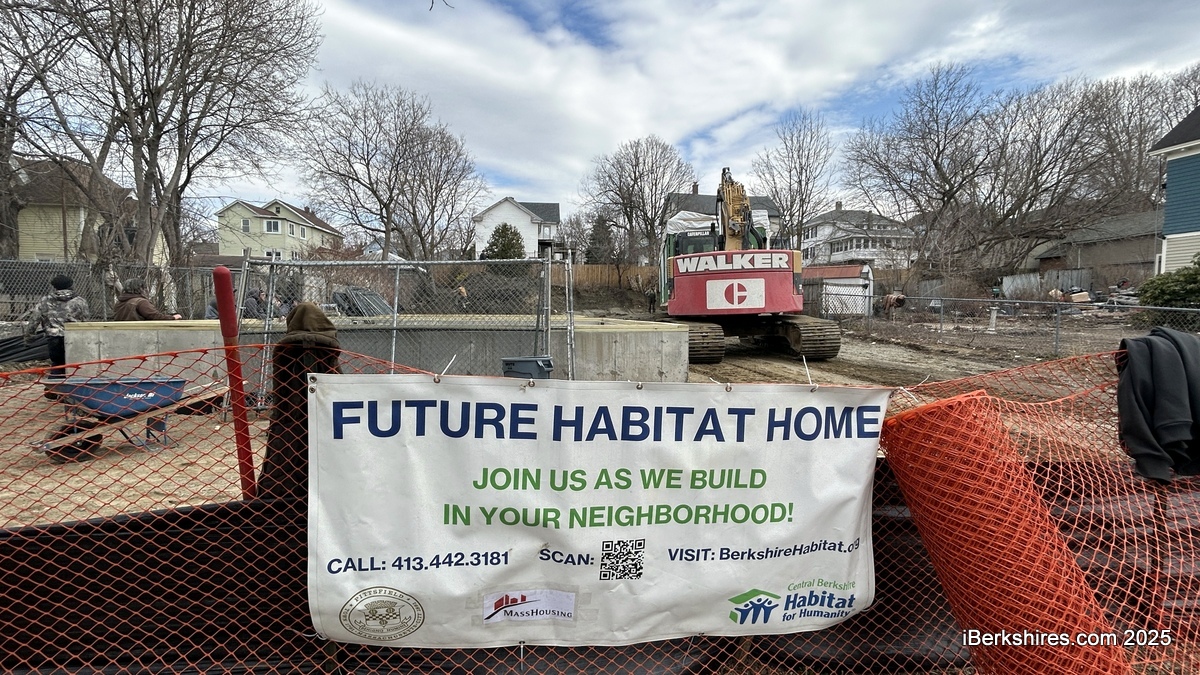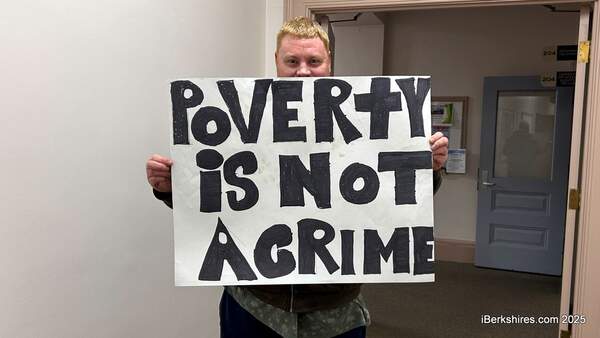
Pittsfield Affordable Housing Trust Launches Survey
PITTSFIELD, Mass. — The Affordable Housing Trust has launched a survey to get a better understanding of community needs.
"The survey is on the (city) website. We have a designated wave web page, we have a QR code for people to fill out and complete the survey," Director of Community Development Justine Dodds said on Wednesday.
"We decided to do a postcard and the web page and the QR code so that we wouldn"t have to try to figure out how to get paper surveys back."
It is aimed at local property owners and will provide needed information for the disbursement of trust funds. Respondents will answer questions on the length of their ownership, the number of units, how many are occupied, why any units are unoccupied, and if the building is up to code.
Established last year, the board aims to help the city address housing needs that disproportionately affect under-resourced residents. It will help to provide rental assistance programs, first-time homebuyer programs, and workforce housing programs for those who need them. It is supported by $500,000 in American Rescue Plan Act funds.
Board member Michael McCarthy said that the postcards are a good way to reach senior owners who may not know how to use a QR code. A phone number and email will be provided on the communication in case they have further questions.
Dodds had waited to promote the survey until the board reviewed it and will now work to disperse it.
The panel also discussed revolving loan funds and how the ARPA monies can be used for residential rehabilitation.
According to the federal fund’s regulations, it would have to benefit individuals who have income limits of 80 percent or lower median income and live in census tracts including the West Side and Morningside, which were disproportionately impacted by the pandemic.
If a landlord was applying for funds anywhere outside of those census tracts, they would have to meet a lower income guideline of about 65 percent, Dodds said, adding that she believes the renters are counted as beneficiaries rather than the property owner.
"They would have to agree to a 20-year deed restriction on their property," she added. "And also, they would have to agree to charge fair market rents, which come out every year."
There would be a recorded lien of the property for seven years as long as it is not sold or transferred during that time.
A staff person would be required to collect applications and ensure that all of the documents meet guidelines. An inspection would also be required to verify that the work is needed and the scope.
Multifamilies with more than three units will require an architect to be associated with the project.
Dodds said that Mayor Linda Tyer’s At Home in Pittsfield program has been easier to administer because it is for exterior home renovation loans than can assessed from the outside, while this program would require entering the property.
Trustee Matthew Lauro said that it is a good way for the city to broaden its economic impact, adding that it will "obviously encourage more development as well."
Board members had several questions about items such as interest, repayment options, and types of work it will fund.
Trustee Kamaar Taliaferro suggested marketing it as a pilot program so that they can revisit lessons learned during the period and make revisions.
"The pilot program strikes me that we can sort of target what we know at the moment is requiring the most attention but the revolving loan fund structure in and of itself, doesn"t only have to be targeted to what we know needs the most help," he said.
"It can also be targeted to that sort of midterm goal or that long-term goal."
Dodds said that the next steps will be getting the postcards out and receiving some information through the survey. In the meantime, she will look into items that were brought up in advance of the December meeting.
















